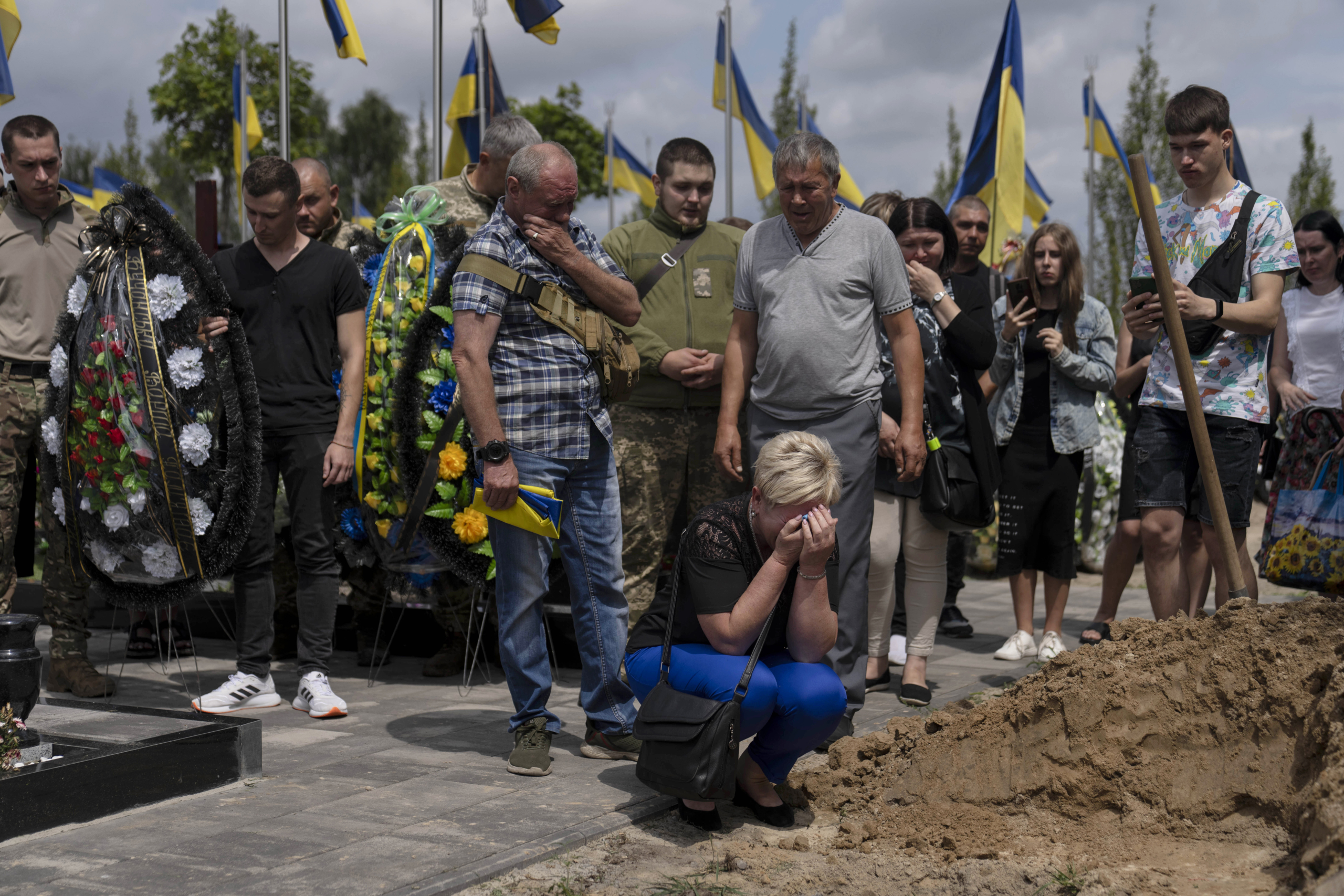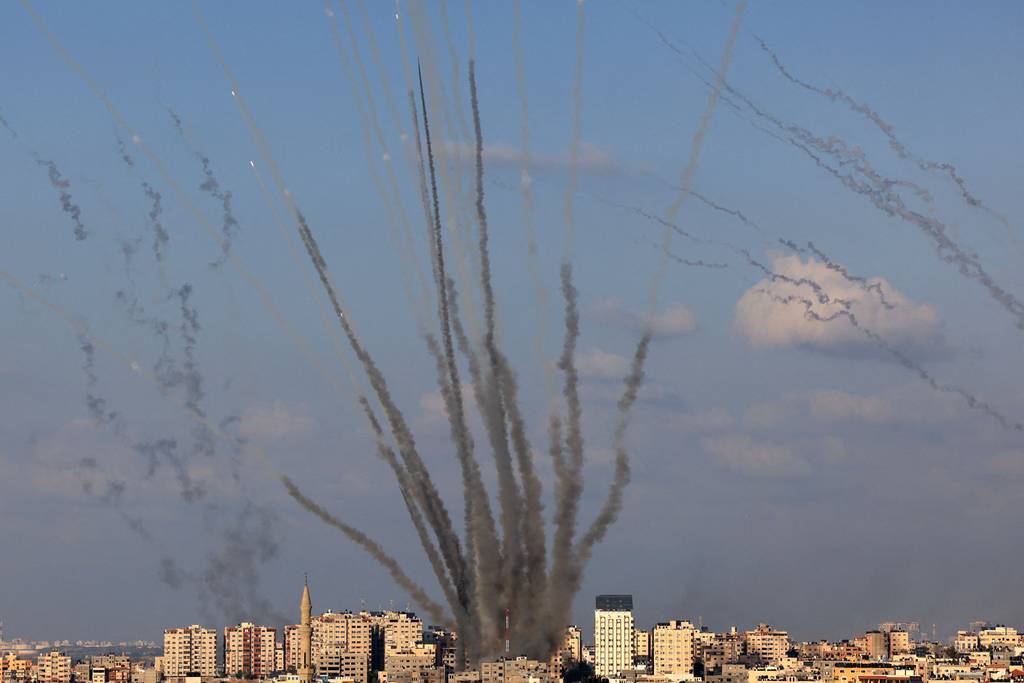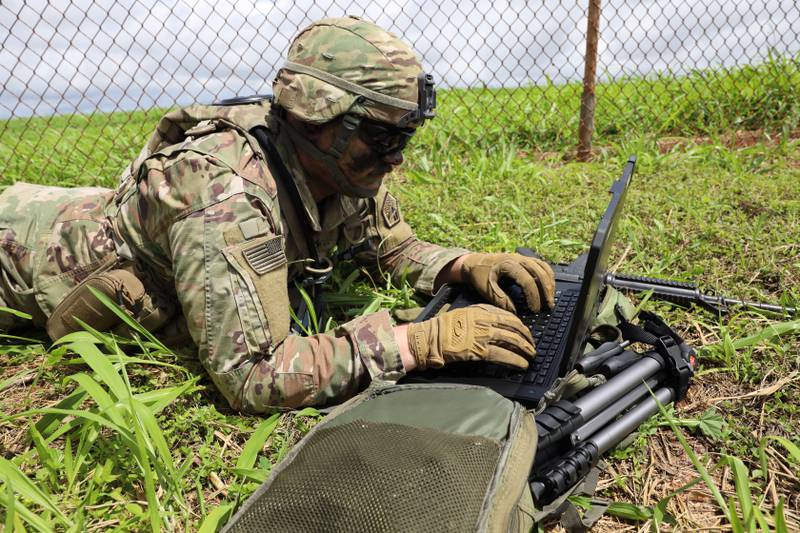Ukraine says it has evidence of 109,000 Russian war crimes
As Ukraine struggles to make progress in its fight against Russia, Kyiv has been compiling evidence of war crimes since the full-scale invasion last year to present to the International Criminal Court in the Hague.
The vast majority of the charges being prosecuted were considered crimes against humanity, such as the mass executions of Ukrainians in Bucha in 2022.
Kostin’s figures also include 265 investigations into crimes against the environment, such as the Russian attack on the Ukrainian Nova Kakhovka Dam earlier this year that led to the evacuation of thousands of Ukrainians.
Four cases so far have also been opened into cyber war crime charges.
Kostin said the inclusion of cyber crimes and crimes against the environment for the ICC evidence is a new initiative by Ukraine during this war, stressing that “every crime has victims.”
He also acknowledged the challenge of convicting Russian citizens who may not be in Ukraine or have evaded capture, though he noted that some have been brought to trial.
“The bigger part is Russian war criminals who we charge and who we try in absentia. This is a quite longer process because it requires more procedural actions,” Kostin said. “While all of them receive defense, it’s our position to ensure a fair trial for everyone, including Russian war criminals.”




